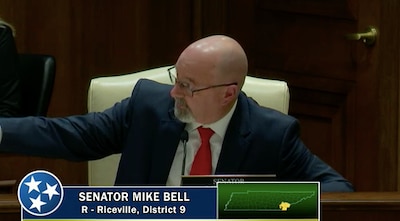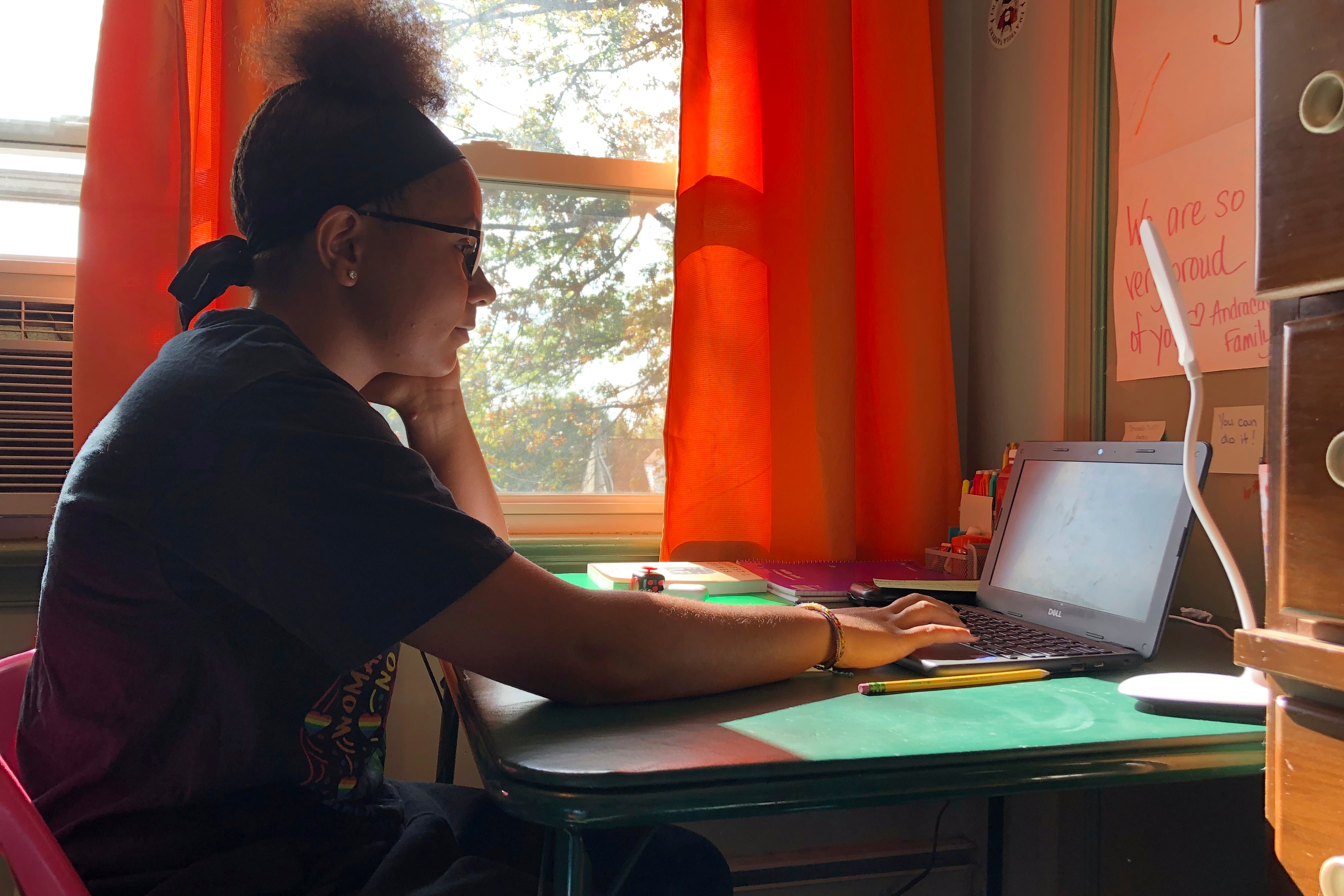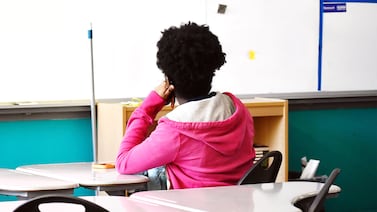A key Senate panel approved legislation Wednesday that would provide public money for private school tuition for Tennessee students whose school systems do not offer in-person learning all year.
However, lawmakers amended the bill first to remove a provision that also would have extended vouchers to students whose parents disagree with school mask mandates in their district.
The 6-2 vote in the Senate Education Committee came after only 30 minutes of discussion about a controversial voucher policy that has been debated for years in Tennessee’s legislature and is currently being challenged in court.
Meanwhile, dozens of schools across Tennessee are closed this week — or have moved remote temporarily — because of staffing challenges caused by COVID’s omicron variant.
Unlike Tennessee’s 2019 voucher law that was promoted as helping low-income students who attend low-performing schools in a few districts, the new legislation seeks to incentivize all 147 of the state’s school systems to keep students learning in person amid COVID-19.
“We’re doing this because we know that in-person learning is the most effective way to educate a child,” said Sen. Mike Bell of Riceville, noting that last year’s test scores showed a dramatic drop following a year of learning disruptions that leaned on remote instruction.

The Republican lawmaker, who is co-sponsoring the bill with Rep. Michael Curcio of Dickson, said he wants public school systems to “take that job seriously” and keep brick-and-mortar classrooms open. He made references to large districts in Memphis and Nashville that provided mostly online learning last school year and saw their students’ scores decline beyond average statewide declines.
The bill would extend voucher eligibility to students in any district that does not offer 180 days of in-person learning because of the coronavirus pandemic for the three upcoming school years beginning Sept. 1, 2022.
Other eligibility requirements under the 2019 law would remain in place for students in districts that have a high concentration of low-performing “priority schools,” or have schools in the state’s school turnaround district program known as the Achievement School District. That criteria applies to Memphis and Nashville, where leaders didn’t want vouchers introduced and challenged the law in court.
Tennessee’s voucher program was halted by a judge in 2020 because it applied only to students in Memphis and Nashville. The case is under appeal, with arguments scheduled before the Tennessee Supreme Court on Feb. 24.
In the Senate panel, lawmakers questioned whether the new proposal could trigger voucher eligibility in districts receiving state-approved waivers to switch temporarily to remote learning. Education Commissioner Penny Schwinn launched the waiver process last fall after the COVID delta variant spread made it hard to keep schools staffed.
Charlie Bufalino, assistant commissioner of policy and legislative affairs for the Tennessee Department of Education, said the short answer is yes. However, it’s uncertain whether remote waivers will be offered beginning next school year when the proposed voucher legislation would kick in, he added.
If remote waivers are still available, Bufalino said districts could consider offering an in-person option while also providing temporary remote learning — or they could just use their 13 days stockpiled for closing schools due to inclement weather, illness, or other widespread challenges.
Sen. Raumesh Akbari, a Memphis Democrat who voted against the bill, said districts could quickly exhaust their stockpiled days and be forced to extend their school year into summertime.
Akbari also pointed out that many private schools continue to toggle back and forth between in-person and remote learning to adjust to the changing pandemic.
“What happens if a parent tries to use this [voucher] just because they want to get their kid in a private school, and that private school is doing virtual learning?” she asked. “Then we’re taking state dollars to go to this private school, and they’re doing the same thing that’s being done by [public schools.]”
“That’s the beauty about this piece of legislation,” Bell responded. “That’s up to the parent. It’s a parent’s responsibility to choose a school that is going to meet their child’s needs.”
“My concern with that is it’s still state dollars,” Akbari reiterated, “and they’re taking state dollars to a private school that’s potentially doing the same thing that the public school is doing. So it’s not helping something that’s been identified as a problem. It is just giving the parents a state fund to take their child to a private school.”
Voucher critics have long argued that voucher advocates have an agenda beyond giving more education choices to families, many of whom already have multiple options such as public charter schools, magnet schools, online schools, and specialized optional schools, as well as homeschooling and private schools. They say the goal is to privatize education, especially for more affluent families who can most afford to cover the full cost of private school tuition beyond the $7,000 or so that a Tennessee voucher would provide.
The leader of Tennessee school superintendents said his organization opposes the bill, as it has all voucher legislation.
“We’re opposed to public funds leaving our public schools,” said executive director Dale Lynch. “Decisions are difficult enough at the local level, especially during this pandemic. Putting in this extra layer just adds to the challenges we face while trying to do what’s best for all students.”
On a related note, Gov. Bill Lee, who championed the 2019 law, is seeking to rewrite Tennessee’s 30-year-old system for funding schools to a student-based approach instead of the current resource-based approach.
The change could force the state to do student-by-student calculations that would make it easier for Tennessee to expand a private school voucher program, although Lee has denied that’s the reason he’s pushing for an overhaul.
You can track the voucher legislation here.







